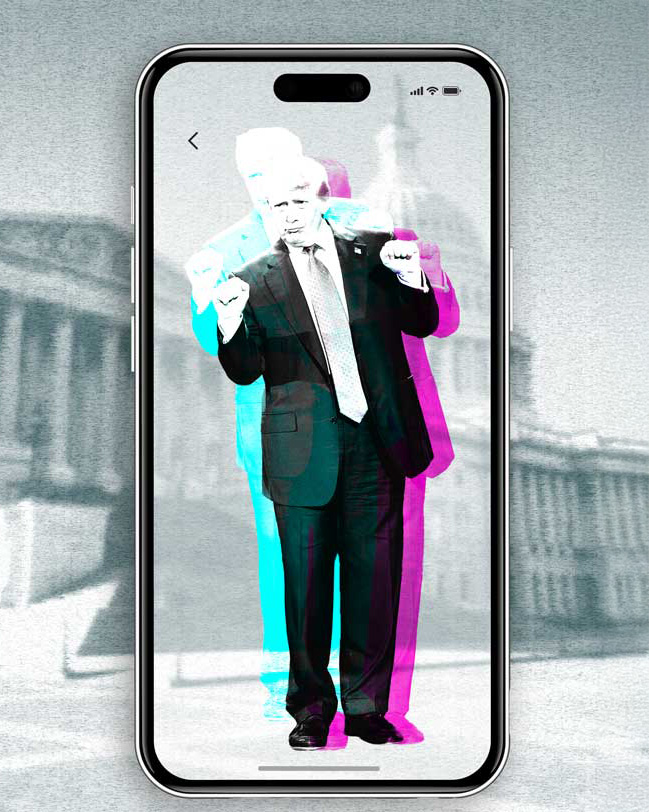Illinois becomes first state to ban police from lying to minors
Illinois has become the first state to ban police from lying to minors. Governor J.B. Pritzker signed a bill Thursday "which prohibits the use of deceptive tactics by all law enforcement when interrogating a minor."
The bill, sponsored by state Senator Robert Peters and Representative Justin Slaughter, will take effect on January 1, 2022, according to a news release. National law enforcement organizations and training agencies argue that deceptive interrogation techniques increase the likelihood of a minor making a false confession, and have advocated against these practices.
The use of deceptive tactics was deemed permissible by the courts in 1969, but members of the Illinois judicial system have since condemned the use the practices when interrogating minors, because of the risk it poses in producing false confessions, according to the release.
In 2012, the Justice Department opened an investigation into Chicago's interrogation practices, and dense attorneys called the city the "false confession capital of the United States."
At the time, Chicago had twice as many documented false confession cases as any city in the country, "60 Minutes" reported.
"60 Minutes" examined two cases involving several teenage boys who were arrested and say they were forced or tricked into confessing to violent crimes they never committed. Each spent nearly half their lives in prison and were later were released.
Another infamous false confession case in nearby Wisconsin was widely reported on in 2019. Brendan Dassey, one of the convicted killers at the center of the popular Netflix docuseries "Making a Murderer," petitioned the governor of Wisconsin to grant him clemency.
When he was 16 years old, Dassey confessed to helping his uncle, Steven Avery, kill photographer Teresa Halbach. More than 10 years later, critics and his lawyers claimed he was coerced by interrogating officers into a false confession as a minor.
In coerced false confessions, some people are tricked by police interrogation tactics. Another false confession cases involved five teenage boys, who confessed in the 1989 "Central Park Jogger" attack after hours of police interrogation. The group, initially known as "The Central Park Five," spent years in prison before another man confessed and they were exonerated. Now, they are known as "The Exonerated Five."
Pritzker signed three other bills that aim to "advance the rights of our most vulnerable in our justice system," he said in a tweet.
One of the bills allows the State's Attorney to petition for re-sentencing of a defendant "if the original sentence no longer advances the interests of justice."
In a statement on Thursday, Pritzker said an "essential tenet of good governance is recognizing the need to change the laws that have failed the people they serve."
He said the four initiatives move Illinois closer to a "holistic criminal justice system" that "builds confidence and trust in a system that has done harm to too many people for far too long."



